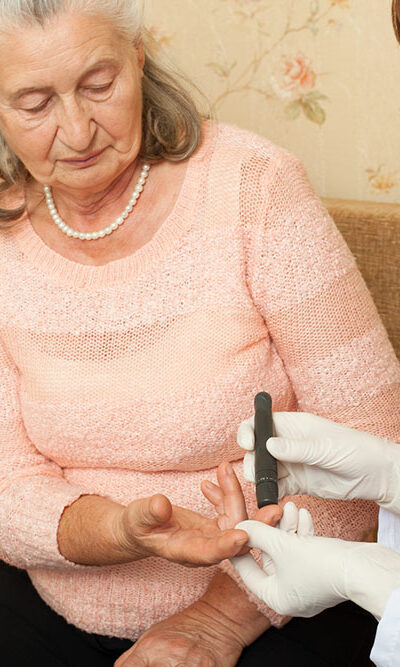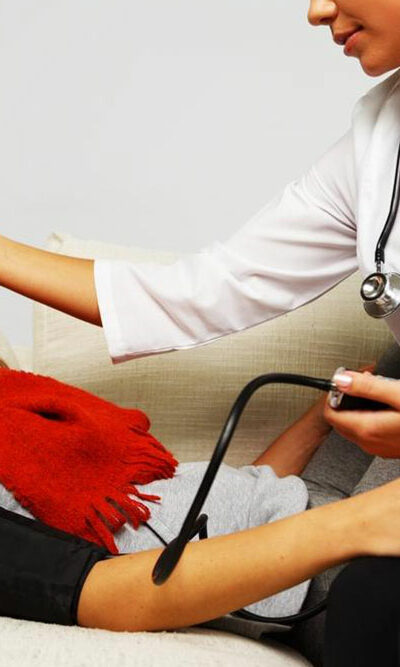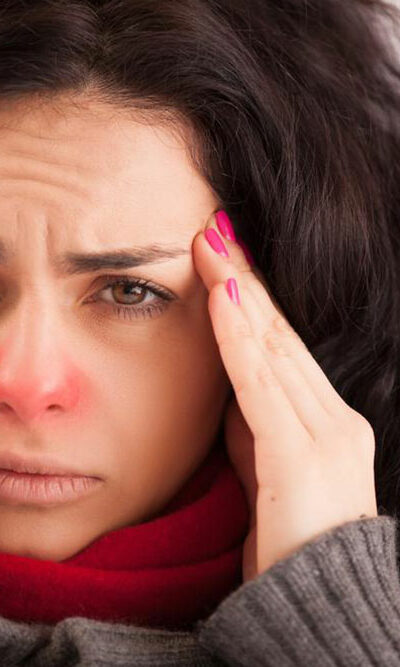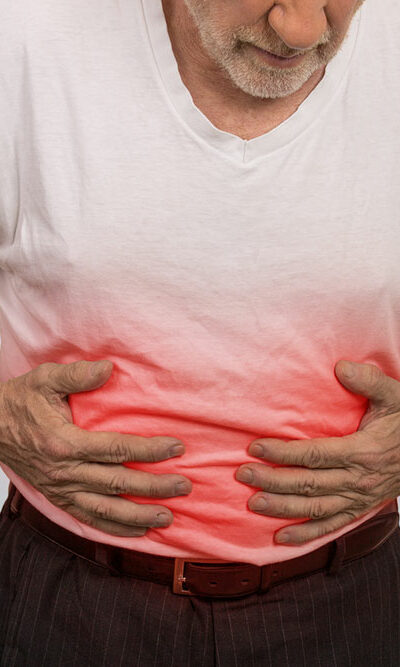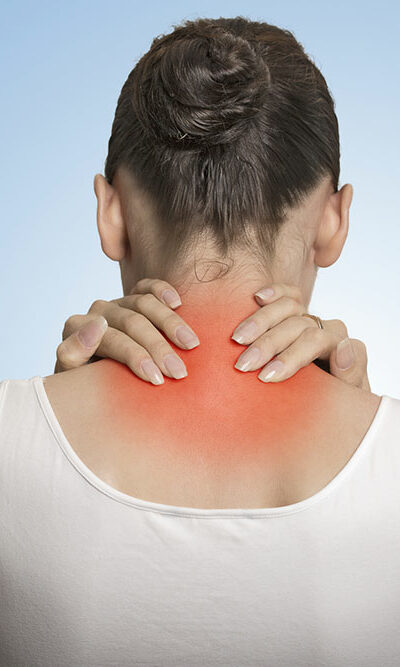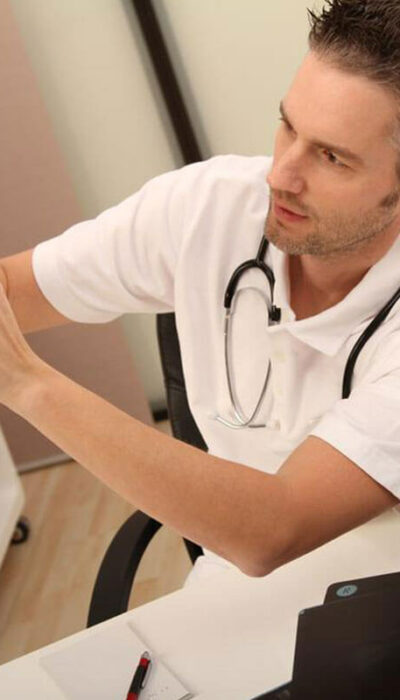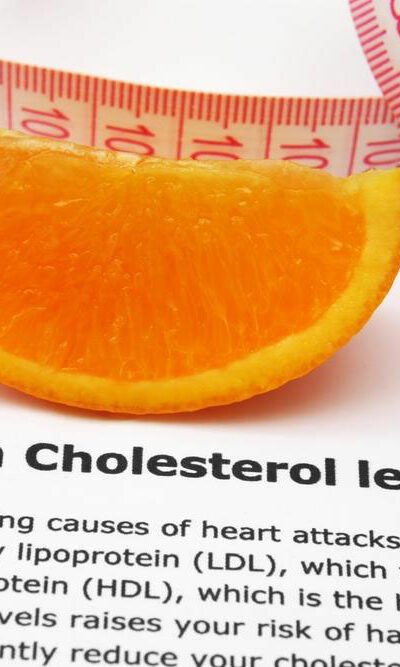
Here’s How to Maintain Your Cholesterol Levels
According to various medical research reports, over 70 million adults in the country suffer from high cholesterol. People who have high cholesterol are more likely to get a heart attack or develop different heart diseases as compared to the people with right or controlled cholesterol level. Different medications are available for high cholesterol treatment. However, according to the healthcare professionals, some healthy lifestyle changes and maintaining a good and healthy diet can help you to keep your cholesterol level within the normal levels. Read on to know the natural ways that help in keeping your heart healthy and fit by controlling the cholesterol levels. Include heart-healthy foods in your diet Eat foods that contain rich omega-3 fatty acids – The foods that contain high omega-3 fatty acids help in reducing the blood pressure along with keeping your heart in good health. The best sources for these omega-3 fatty acids are the wild-caught oily fishes such as mackerel, salmon, sardines, and tuna. The more you add these oily fishes to your diet the better you can maintain your cholesterol level. Include more foods having soluble fiber in it – The soluble fiber helps in reducing the cholesterol absorption into the bloodstream. Kidney beans, oatmeal, apples, pears, Brussels sprouts etc. are rich in soluble fiber. Hence, people who are undergoing high cholesterol treatment should include these foods in their diet list for effective results. Avoid foods having trans-fats in it – Various medical research reports have reflected the fact that trans-fats increase the overall levels of cholesterol in the bloodstream. Hence, medical experts advise avoiding such foods that contain trans-fats to the people suffering from high cholesterol. Foods such as store-bought cakes, crackers, and cookies are rich in trans-fats and while going through the high cholesterol treatment, these foods should be avoided.
